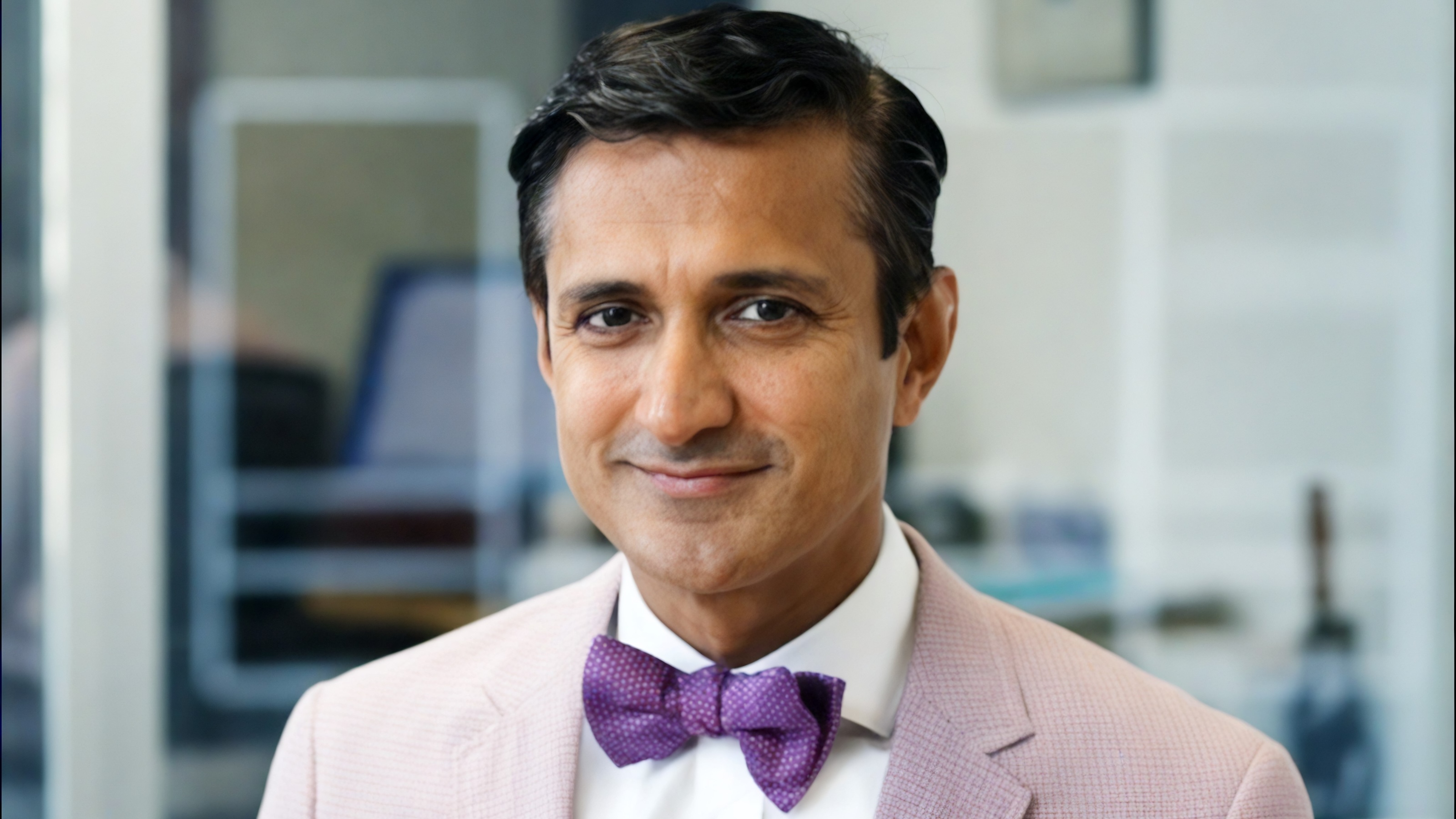The takeaway of the crisis: individual players pursuing individual interests collectively will not always create an outcome which is good for the collective or even for those individual players, says Chrystia Freeland, U.S. Managing Editor of the Financial Times.
Question: You are a critic of the Efficient Market Hypothesis, calling it the biggest casualty of the crisis. Why?
Chrystia Freeland: In academic circles and on Wall Street, the Efficient Market Hypothesis has long been viewed with a lot of skepticism, or at least as a useful theoretical construct in some ways, but certainly not the definitive answer to everything. So, I think it's not news for anyone that market players are not all perfectly rational, that markets are not perfectly efficient, that arbitragers do not in all circumstances arbitrage away mispricing. Economists have been writing about this for a really long time. Financial economists have as well. There's a famous and really important paper by Andre Schwifer that was written before the Tech Bubble making this argument about how bubbles actually are endemic to the markets. There's been some recent writing again, before this crisis, by a fabulous economist called Marcus Brunemeier at Princeton, where he makes the argument, backed by both empirical data and by some mathematical reasoning which says that actually it is in the interests of hedge funds to buy into a bubble rather than to bet against it. That's a really, really important point because so much of our thinking, and now I'm speaking not about our thinking in ivory tower, or our thinking of the smartest of hedge funds where people have known this. I mean hedge fund managers have been buying into a bubble for decades, maybe for centuries. But so much of our conventional wisdom thinking, and a conventional wisdom which I think had a great impact on policy, was that markets would take care of themselves. And this was probably most eloquently and authoritatively this point of view was advanced by the U.S. Fed, and by Allen Greenspan, who was a wonderful advocate of this point of view, really eloquent, really persuasive. And he has now slightly recanted it in the immediate wake of the crisis. He said, "Actually, I'm so surprised and really so," he uses the word shocked, "that market players turned out not to be able to take care of their own interests." To me, that is the big intellectual lesson of this crisis. That what is in the interests of individual players and the individual players pursuing their individual interests collectively will not always create an outcome which is good for the collective or even for those individual players. And therefore you need someone in the center, an umpire, or a referee, whatever you want to call that person, to hold the ring and to care about the collective outcome.
What I think is important in this way of thinking is to realize that having that umpire is good for everyone, even for the individual players. And that's not a new intellectual concept. There's lots of writing about what's called the tragedy of the commons. And there are lots of other social and economic situations in which we've understood that if we let everyone pursue their own self-interests without having any rules, it's not going to work. The fact that we have traffic laws is maybe the most obvious retail example of that. I think we need to think about that more seriously when we are talking about financial markets.
Recorded on December 7, 2009





